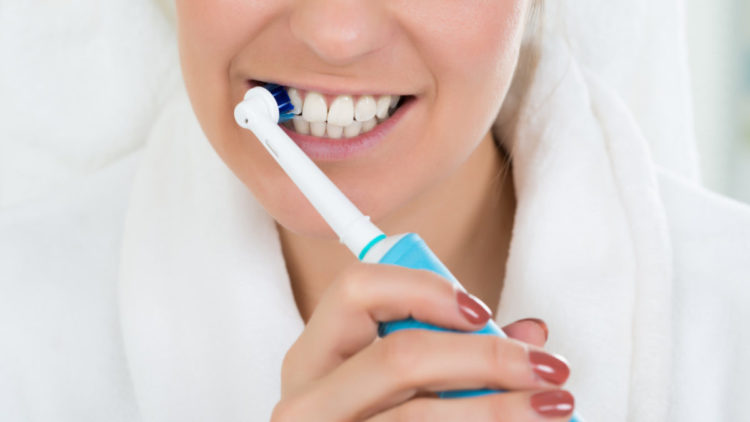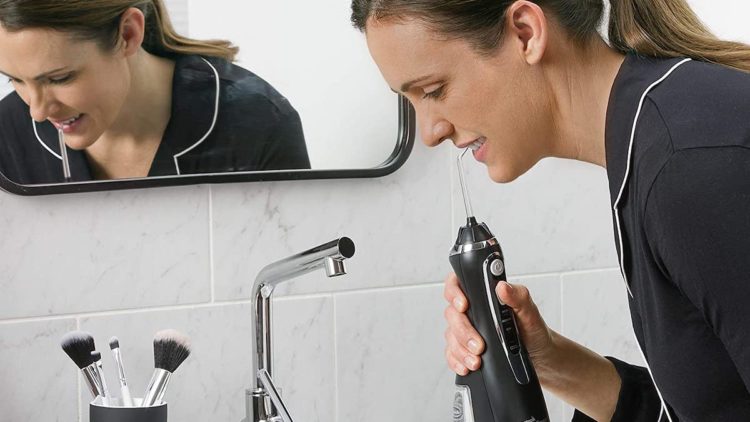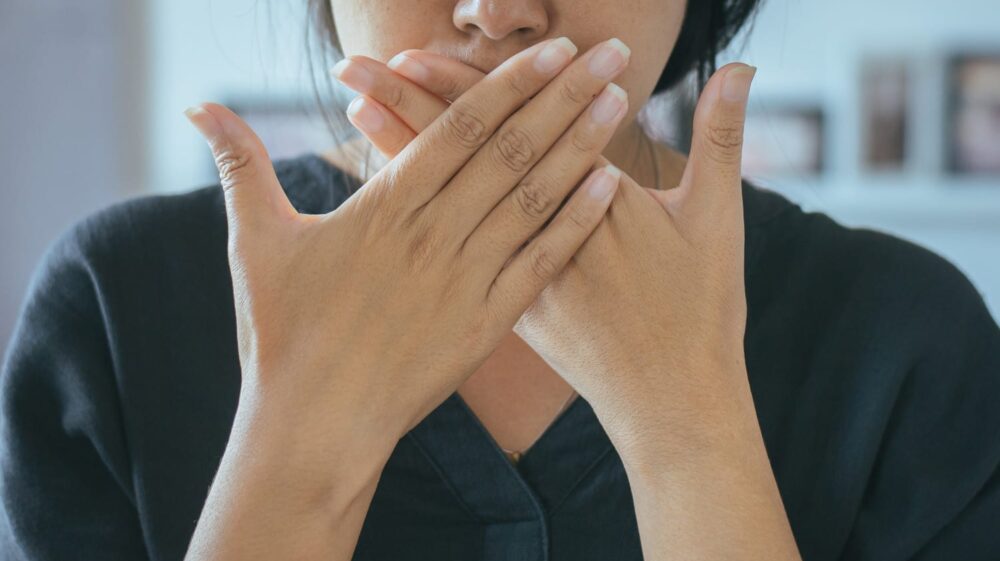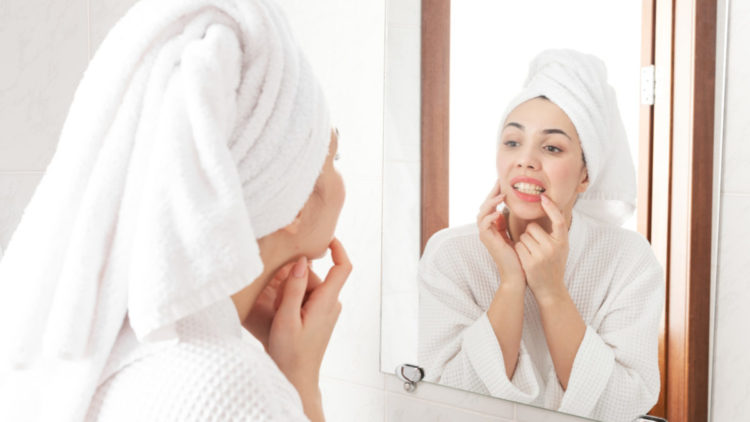Should you brush teeth before or after breakfast?
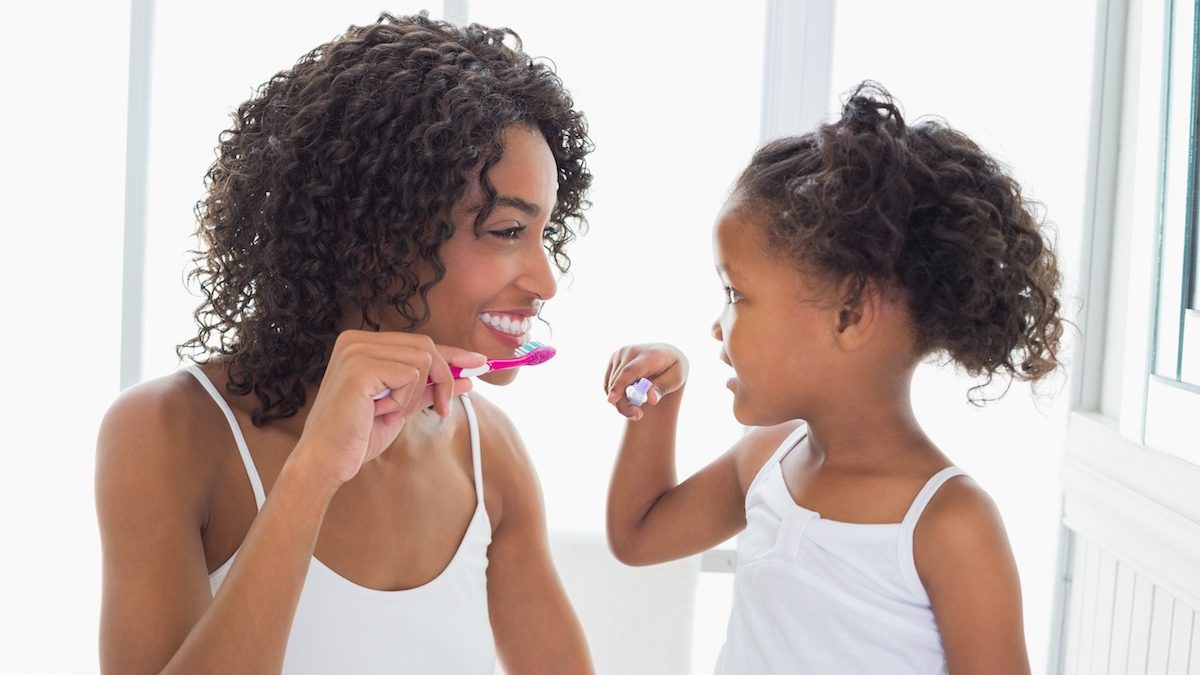
Hopefully, we’re all on board with twice-daily toothbrushing, as recommended by the American Dental Association (ADA).
But while the ADA provides detailed guidance on what to use to brush your teeth (a soft-bristled toothbrush) and for how long (two minutes each time), it doesn’t answer an important question: Should you brush teeth before or after breakfast?
It’s one of those things that can easily divide families over the kitchen table each day. Some people like to brush their teeth as soon as they get out of bed in the morning, which is understandable — who wants to hold onto morning breath longer than they need to? But others like to enjoy their breakfast without the underlying taste of minty freshness.
So what do experts say? Should you brush your teeth before or after breakfast? And ultimately, does it really matter?
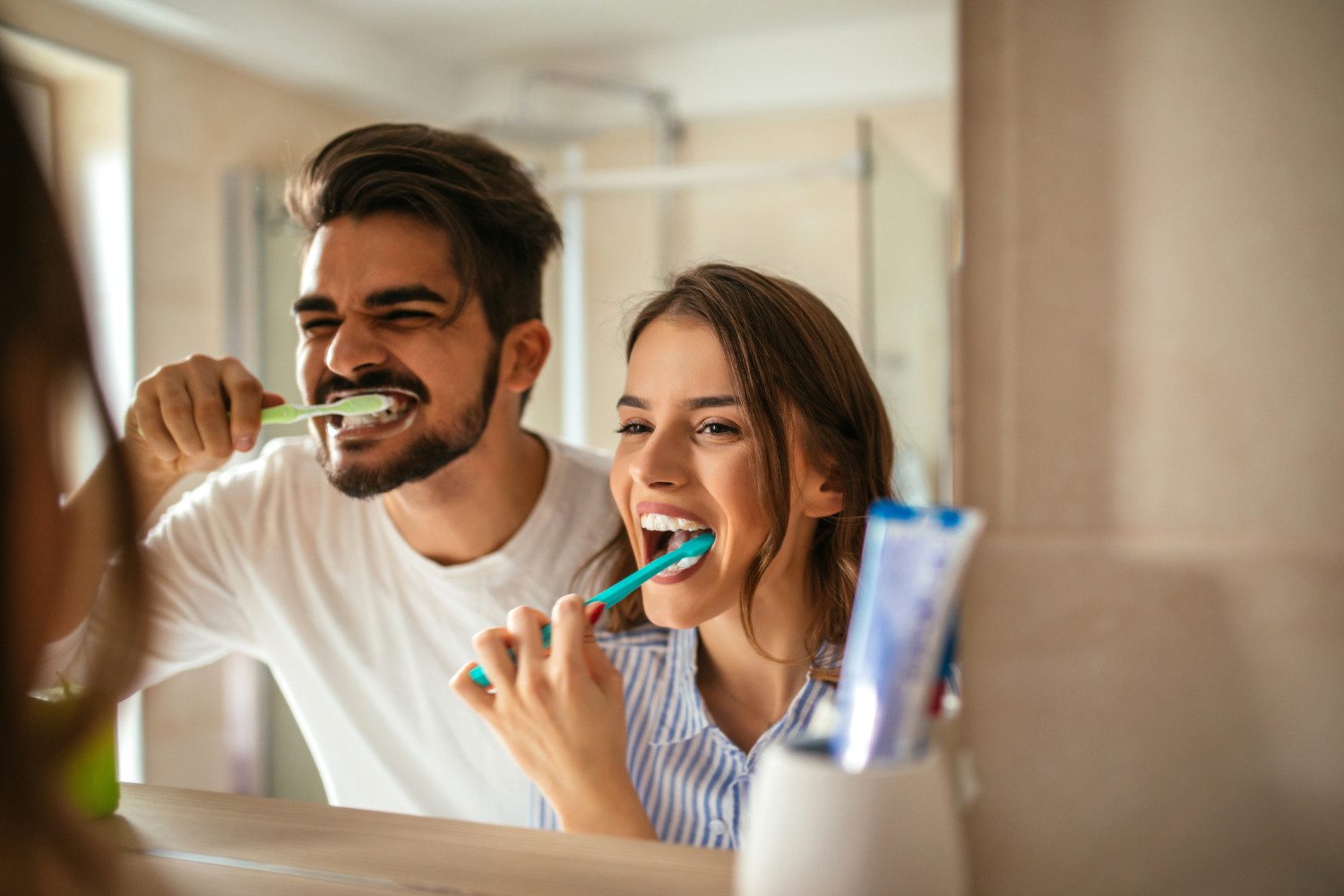
The answer is more complicated than you might expect, because it’s not a “one size fits all” kind of thing. Madison Kaplan, a registered dental hygienist in California, told CNET that she encourages all of her patients to brush their teeth after breakfast, as it’s the best way to ensure you get rid of all food debris and beverages that can stain the enamel of your teeth — the thin but tough covering on the tooth’s surface.
Even the tiniest food particle can be harmful to oral health, although it’s not actually the food that’s the problem. The bacteria that lives in our mouths uses trapped food for energy, and when it consumes residual food debris, it creates acids that cause damage to the enamel. And brushing your teeth is the quickest way to ensure all food residue is gone.
The bacteria in our mouths also produces plaque, a clear, sticky film that covers the teeth. If plaque isn’t removed (by brushing), it turns into tartar, which is impossible to get rid of by brushing alone. And if tartar isn’t dealt with, it can lead to serious problems like gingivitis (a form of gum disease) and periodontitis (inflammation of the tissue around the teeth, which can cause shrinkage of the gums and loosening of the teeth).
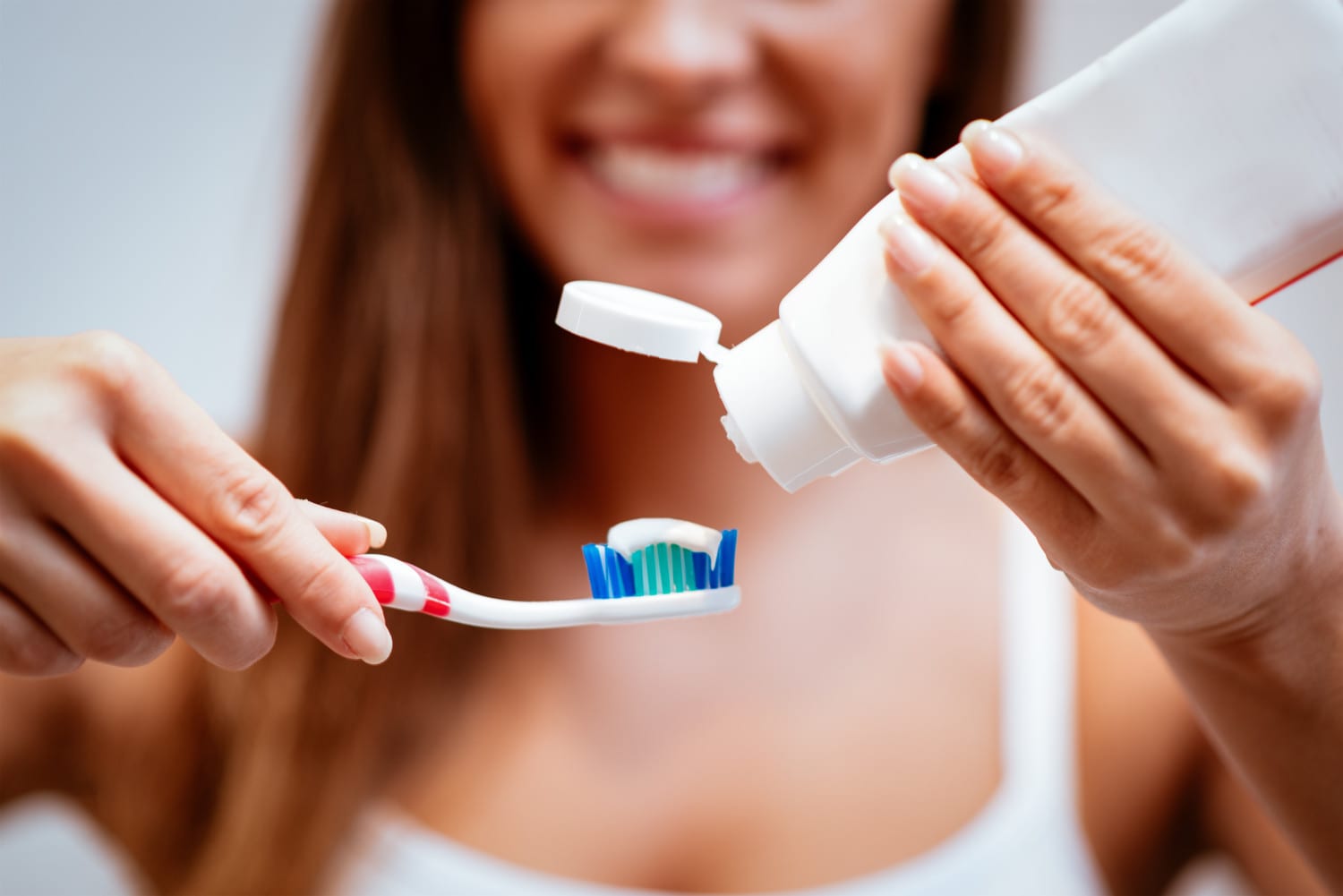
When you brush your teeth first thing in the morning, you kick your saliva production into gear. Saliva helps to break down your food and naturally kills oral bacteria. One small study involving 21 older adults showed that after brushing, saliva production jumped for up to five minutes.
But if you eat acidic foods or beverages for breakfast, it might be better to brush before you sit down to eat. That’s because brushing after consuming something acidic, like coffee, bread, pastries or fruit, can damage the enamel of your teeth. Another option is to wait 60 minutes after eating those foods to brush your teeth, per ADA recommendations.
If this just isn’t possible for you (e.g., if you eat breakfast when you’re on the way to work), rinse your mouth with water to help dislodge all remaining food and get rid of beverages that could cause staining, or chew some sugar-free gum.
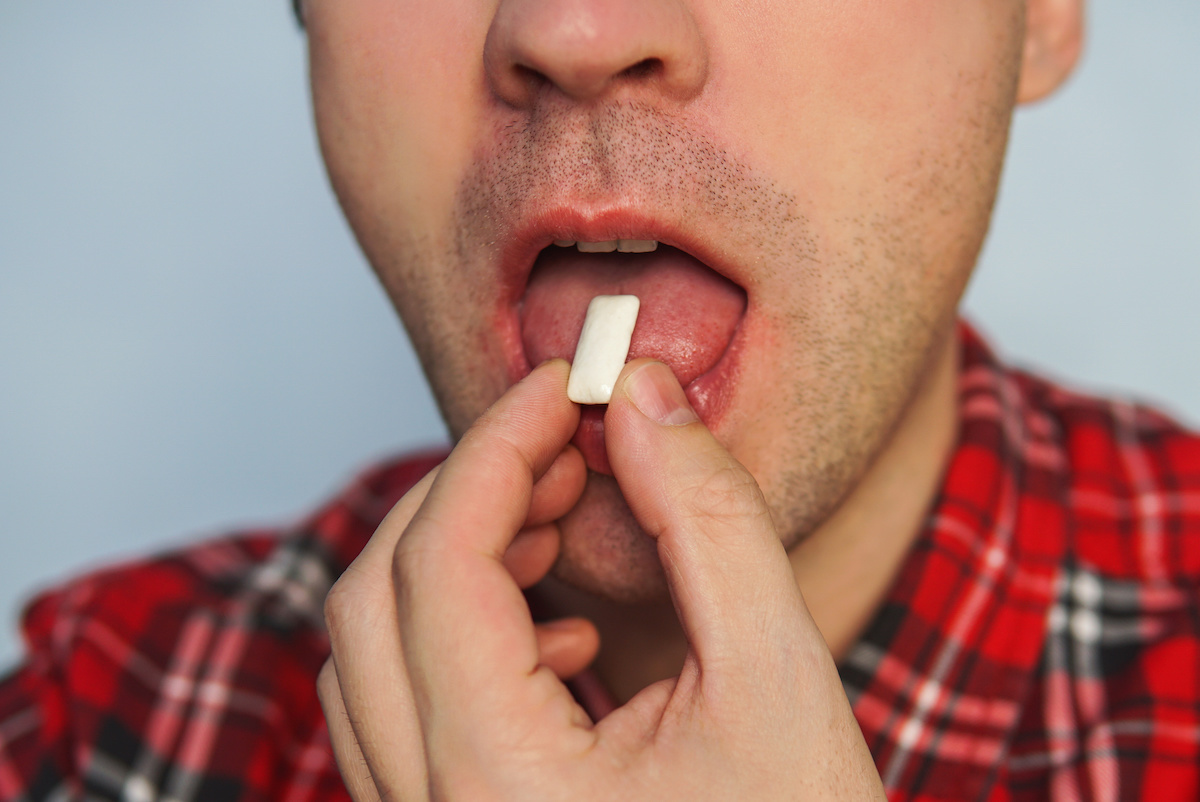
The Bottom Line: Should You Brush Teeth Before Or After Breakfast?
If you enjoy acidic breakfast foods like fruit and pastries, it’s best to brush your teeth as soon as you wake up in the morning to avoid damaging your tooth enamel. But experts also recommend brushing your teeth after breakfast to get rid of all food particles that can lead to plaque and other oral health problems.
If you choose to brush your teeth after breakfast rather than before, it’s best to wait 60 minutes. And remember, brushing your teeth in the morning — whenever it happens — is a lot better than not doing it at all.


